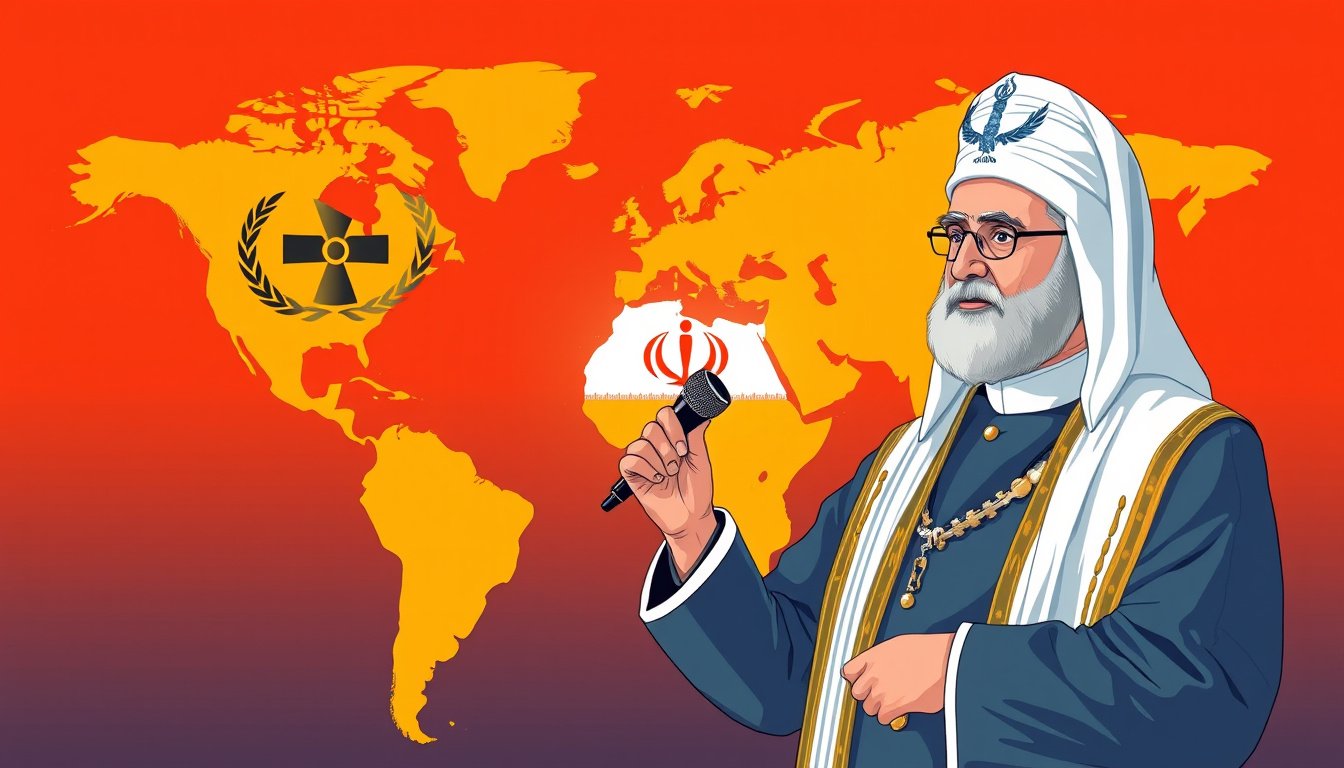The recent total blackout in Puerto Rico serves as a stark reminder of the ongoing struggles faced by power grids in both the island and Spain. While Puerto Rico grapples with frequent and prolonged power outages, parallels can be drawn to similar challenges faced by regions in Spain, highlighting systemic issues that extend beyond geographical borders.
The Current Crisis in Puerto Rico
At approximately 12:40 PM on a Wednesday, Puerto Rico found itself plunged into darkness as Luma Energy, the company managing the island’s electric service, reported an unprecedented islandwide outage. This came just months after a significant blackout that disrupted New Year’s Eve celebrations, lasting several days. The latest incident left around 1.4 million residents without power, with preliminary investigations suggesting an unexpected shutdown at all generating plants.
By Thursday morning, Luma Energy had restored power to roughly 11.9% of its customers, yet more than 328,000 residents were also without water due to the widespread impact of the outage. Key facilities, including hospitals and an airport, were able to restore function with emergency generators, but the disruption was palpable. Traffic snarled, businesses shuttered, and public transport came to a standstill, reflecting the chaos that followed the blackout.
Public sentiment has turned increasingly critical of Luma and Genera PR, the companies overseeing the power supply. “This is unacceptable,” declared Josué Colón, the island’s energy czar, voicing frustration similar to that echoed by everyday citizens. Celebrated artist Bad Bunny expressed collective outrage, amplifying calls for accountability. The dissatisfaction isn’t merely rooted in inconvenience; Puerto Ricans pay nearly double for electricity compared to their counterparts on the mainland U.S., despite facing an unreliable power supply.
Spain’s Power Challenges: An Echo of Puerto Rico’s Struggles
While Puerto Rico’s blackout has captured headlines, Spain has concurrently faced significant power outages, raising questions about energy management in both territories. The Spanish grid, especially in rural areas, has experienced sporadic outages, often attributed to aging infrastructure and the increasing demand for electricity. Just like in Puerto Rico, these outages have provoked public outcry, leading to protests against high energy prices and unreliable service.
Aging infrastructure, underinvestment, and an overreliance on fossil fuels have left Spain’s power system vulnerable, particularly in the face of climate change-induced weather events, which can spike energy demand and pressure existing systems. The parallels with Puerto Rico’s energy woes—stemming from decades of neglect following Hurricane Maria—underscore a broader systemic issue.
The Importance of Infrastructure and Reform
Both Puerto Rico and Spain expose the urgent need for infrastructural investment and reform in their energy sectors. In Puerto Rico, the chronic outages and high costs can partly be traced back to the catastrophic impacts of Hurricane Maria, which devastated the island’s electrical grid in 2017. Rebuilding efforts have been slow and marred by allegations of mismanagement and corruption, with many islanders advocating for a move away from privatized energy services like those managed by Luma Energy.
In contrast, Spain must confront its energy transition towards greener technologies while ensuring stability and reliability in its power supply. The Spanish government has been deploying reforms aimed at increasing renewable energy sources, but public dissatisfaction with energy pricing and services persists, echoing sentiments from Puerto Rico.
Looking Forward: The Road to Recovery
As both Puerto Rico and Spain navigate their energy challenges, lessons can be learned from each other’s experiences. For Puerto Rico, the path ahead may involve greater community engagement in energy planning, diversified energy sources, and investments in modern infrastructure. Meanwhile, Spain can benefit from addressing public grievances and investing in resilience against climate-related disruptions.
The struggles faced by Puerto Rico in the realm of power outages serve as a poignant reminder that energy security is a universal challenge, requiring urgent attention and collaborative solutions. As these two regions confront their energy futures, one can hope for a transformative response that prioritizes sustainability, equity, and reliability, ensuring that such blackouts become a rarity rather than a standard occurrence.










